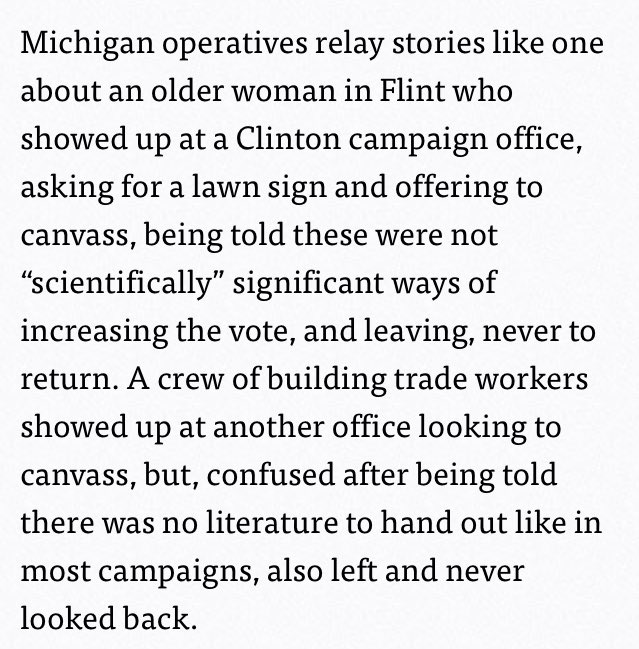Yep, and Republicans haven't really needed one since their voting bloc is much more motivated to vote than the Dems.
Clinton also had a huge assist from Ross Perot, if it wasn't for Perot, he never would have been elected. He only won 43% of the vote after all.
History has really turned against that belief. Clinton won by a lot, and Perot's voters were like Johnson voters in that it was a pretty even split between sides. Perot may have damaged Bush in his run, but Clinton did not win because of Bush votes going to Perot. It would have to be like an 75-25% split, or something, which no polls indicated.


